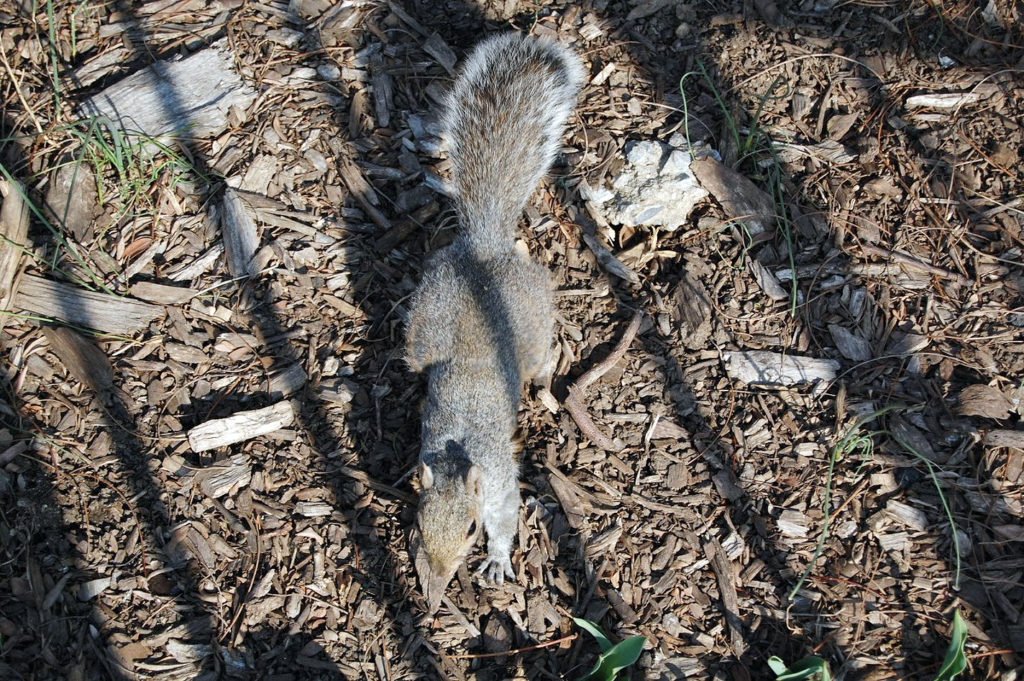“The president of Uzbekistan called in a wide-ranging and consequential four-hour speech on December 22 for the power of the feared security services to be contained.” So began a December 22, 2017, article published on eurasianet.org titled Uzbekistan: President Calls for Clipping Security Services’ Wings. Something about this article seized my attention, and the fact that I am writing this piece now is proof that it held my attention for nearly as long as Uzbekistan President Shavkat Mirziyoyev held his audience’s attention – and his audience – on that December day. Allow me to start with a bit of context.

Contextual Background
The Republic of Uzbekistan was established on August 31, 1991, succeeding the Uzbek Soviet Socialist Republic. The last President of the Uzbek Soviet Socialist Republic was a certain Islam Karimov. Mr. Karimov carried his title over to the Republic of Uzbekistan, remaining president until his death at the age of 78 on September 2, 2016. As the beginning of the eurasianet article suggests, Mr. Karimov was known for making liberal use of the Uzbek security sources during his nearly 26-and-one-half year reign. Surely unrelatedly, he demonstrated his popularity by winning four elections by overwhelming margins. Several months after Mr. Karimov’s death, Mr. Mirziyoyev was elected as the second President of Uzbekistan with just over 88-percent of the vote, and he assumed office on December 14, 2016.
Thus, the speech in question occurred about one year into Mr. Mirziyoyev’s presidency. Eurasianet set the scene for us: “Although Mirziyoyev was only due to arrive at the conference hall in Tashkent at 10:30 am, the room was already packed an hour before.” Mr. Mirziyoyev arrived on time, we are told, and he would not leave until the afternoon. His speech was reportedly as wide-ranging as one might expect a four-hour speech to be, touching on topics such as economic growth, entrepreneurship, his love of reading about Winston Churchill, journalism, and, of course, the excesses of the Uzbek security services.
A Length-Based Analysis of Mr. Mirziyoyev’s Speech
For the purpose of this article, we need not explore the content of Mr. Mirziyoyev’s war and peace of the union in detail. My primary concern rests elsewhere. It was perhaps well and good that Mr. Mirziyoyev called for the curtailment of the excesses of the Uzbek security services. However, as the article noted in its conclusion: “Much of Mirziyoyev’s speech was of a whole with the broadly reformist language he has adopted over the past year. But although much of it was broadly progressive in intent, implementation will be the real test.” To paraphrase the author: “Actions are more important than words.” I do not necessarily disagree, but I must direct your attention to the action of subjecting an audience to a four-hour speech.
Considering the nearly unchecked powers that inhere in the Uzbek presidency, we cannot overlook the action of speaking to a figuratively – and perhaps literally – captive audience for four hours. There is no indication in the article that Mr. Mirziyoyev slotted a lunch break in the middle of his speech. Did he allow bathroom breaks? I have my doubts. The audience was surely enraptured by the President after he “energetically made his way to the lectern,” but did they have any alternative?
While Mr. Mirziyoyev’s address may have struck some fine notes, even the most beautiful hymn to liberty would be bound to strike a discordant note by the third hour. I respectfully submit that the length of an autocratic president’s discourse must be considered in addition to the message in determining the likelihood of reform. If only Winston Churchill had said some of this – Mr. Mirziyoyev’s audience may have been out for lunch no later than 1:00 pm.